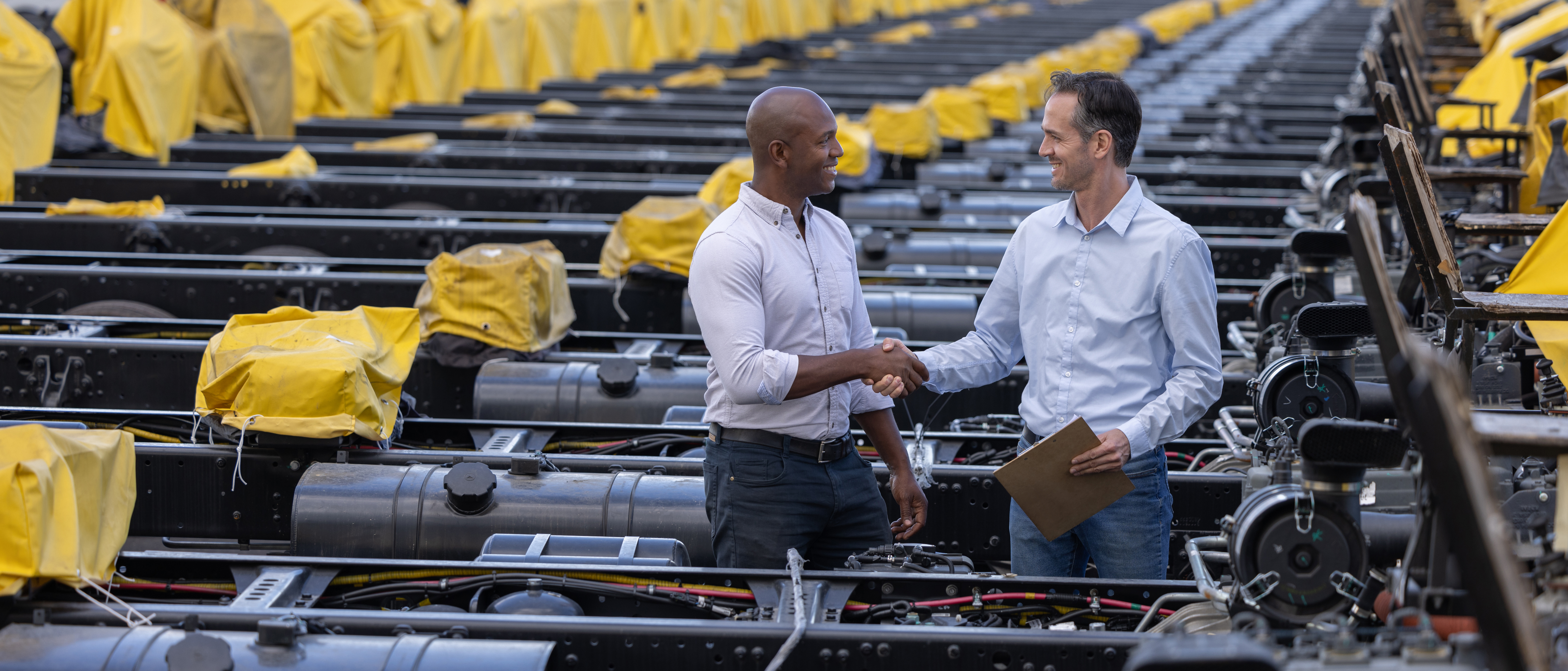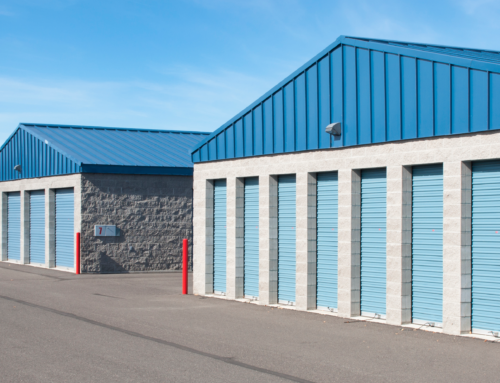Equipment dealers in the commercial, industrial, and agricultural sectors face the same risks as any other business. However, they also face several risks unique to their industry. This means a one-size-fits-all insurance policy isn’t necessarily going to be the best ‘fit.’
So, who needs equipment dealers insurance? If you specialize in the sale, leasing, or rental of heavy equipment or machinery, or you service commercial vehicles, you need a tailor-made insurance policy to ensure your business is well protected.
Whether you run a small retail operation or manage a major equipment dealership, you can tailor your insurance to meet your needs. For example, if you sell agricultural machinery, your insurance needs will be different from a business that stores and distributes tires, or one that rents out heavy equipment to contractors or construction firms.
What risks do equipment dealers face?
Like other businesses, equipment dealers are at risk of liability claims and property damage, which could result in out-of-pocket costs, interruption to their business, and even reputational damage.
That’s why it’s important to mitigate risks to avoid having to make a claim in the first place. Basic housekeeping practices can make a big difference, especially for equipment dealers with a lot of inventory on hand.
In shops and warehouses, for example, there are often several slip, trip, and fall hazards such as uneven surfaces, oil or grease spills, or even frayed carpets — and ultimately, you’re responsible for the safety of anyone on your property, including customers, employees, and vendors.
Good housekeeping practices such as promptly cleaning up spills can help to prevent injuries — and help to avoid costly litigation. To avoid being held liable, restrict customers from entering your shop or warehouse; if they do need access, you may want to require the use of personal protective equipment.
These good housekeeping practices can also help to prevent fires. For example, oily rags, cloths, and paper towels are fire hazards and should be disposed of in metal containers with airtight, self-closing lids. Waste oil and other combustible waste materials should be kept in waste containers outside of your building, away from exterior walls.
Ideally, a yard should be fenced in, with a professional-grade padlock and a security system with cameras should be used. This can help to deter thieves, as well as acts of arson or vandalism. However, if your business is sidelined because of theft, arson, or vandalism, business interruption insurance can help protect your business from a loss of income.
Many equipment dealers must also deal with hazards that arise from the use of electrical and heating systems. If your building has been repurposed, or your electrical system has been patched over the years, you might notice uneven power flow, brittle wiring, or blown breakers, which could indicate electrical issues — and eventually lead to an electrical fire. If this is the case, thermal imaging can help detect any issues in your electrical system.
Batteries, equipment, and vehicles could also experience electrical shorts. And heating, ventilation, and air conditioning (HVAC) systems — as well as specialized equipment such as air compressors — could spark a fire if not properly maintained.
What type of insurance do equipment dealers need?
Even if you do everything right, sometimes things go wrong. That’s where insurance comes in. Without it, you could end up paying for repair or replacement costs, expensive lawsuits, fines, or settlement fees out of your own pocket.
In addition to providing you with coverage for general liability and property losses, there are a few specialized coverages that can be included in equipment dealers insurance — such as blanket coverage for all of your business contents, whether on or off your premises. If you have a company vehicle (or an entire fleet), a commercial vehicle policy can help protect you, your employees, and any passengers.
Other specialized coverages include:
- Manufacturer’s floor plan includes coverage for floor-planned property and protects the value of any enhancements you’ve added to floor-plan equipment.
- Mechanic’s warranty of work includes installation, labour, and dealer errors and omissions, as well as coverage for corrections from mistakes made through the installation of a defective part, or because of faulty work on customers’ vehicles.
- New equipment sales protection helps cover claims or suits brought against you by a customer who is dissatisfied with equipment purchased from you.
- Tools & equipment helps cover the cost of renting regular and computerized equipment if yours is damaged.
- Pollution liability insurance is designed to help protect your business from costly expenses related to environmental damages.
Keep your business safe with equipment dealers insurance
Unfortunately, you can’t always control what happens to your business. You can, however, control how prepared you are. Having the right protection in place can make a huge difference. To learn more, visit our equipment dealers insurance page today.
This blog is provided for information only and is not a substitute for professional advice. We make no representations or warranties regarding the accuracy or completeness of the information and will not be responsible for any loss arising out of reliance on the information. Terms, conditions and exclusions apply to coverage. See policy for details.






